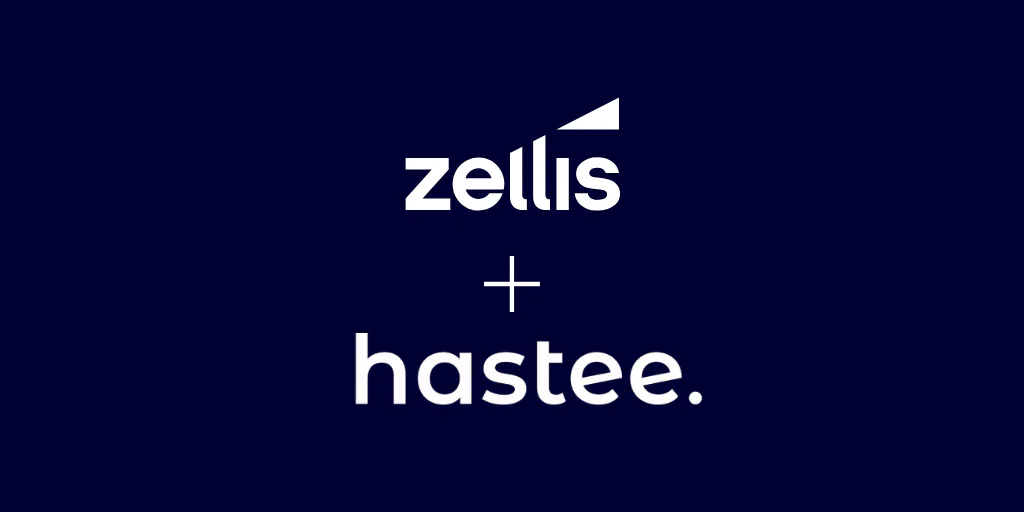We spend so much of our time working that there have to be some perks to it right?
Keeping staff happy is a really important role in an organisation because it can improve employee wellbeing, help staff work better and produce better quality outcomes. Many employers are now committed to providing benefits and perks to ensure that staff remain motivated in their jobs and whilst you wouldn’t just take a job because of the perks it offers you, you might think twice before leaving an employer who offers you valuable benefits.
To help you get the most out of your employment, we have outlined some of the key benefits that you are likely to come across.
Pensions
Whilst paying into a pension may not seem to be one of the most original employee benefits when you’re working, you will certainly appreciate the income once you have retired. A pension is, in simple terms, a type of long term savings plan to help you live beyond your working life once you no longer receive a wage or salary.
Workplace pensions
Workplace pensions are schemes set up by employers to provide their employees with retirement benefits. They are also called “occupational”, “works” or “company” pensions. There are many different types of workplace pensions available which work in different ways but for most people, employers make regular payments into the pension scheme on your behalf to which you may also be asked to contribute a certain percentage of your salary. These are called “defined contribution schemes.”
These contributions are then invested and hopefully by the time you come to retire, this pot of money (if invested wisely) should give you an income for the rest of your life. The pension amount that you receive will usually be dependent on your earnings and the length of time that you were a member of the scheme. However, for a lucky few who are/were members of a defined benefit scheme or “final salary” scheme, the amount is guaranteed by the employer and is not dependent on the amount contributed: it’s one of the staff benefits which can be offered to an employee.
Seek advice from your HR Manager or speak to your line manager to find out what type of pension scheme you are a member of and how this may benefit you in the future.
Automatic enrolment
All employers must provide a workplace pension and this is called “automatic enrolment.” This means that your employer must enrol you into a workplace pension – independently by other kinds of employee perks – and make contributions if:
- you work in the UK
- you’re aged between 22 and state pension age
- you earn at least £10,000 per year
It is important to be aware that if you have been auto-enrolled into a workplace pension, you have the right to opt out but if you choose to do this, make sure you are aware of the consequences. Pensions are almost always a good decision because of the tax and savings benefits, however, if saving in a pension scheme is unaffordable for you, then opting out may be the best option. Before you go down this route, speak to your HR Manager or the person who pays you if you are unsure and do some research first before you make this decision.
Workplace pension contributions
Until the end of March 2019, your employer will contribute a minimum of 2% of your pre-tax salary each month into your workplace pension and you will pay a minimum of 3%. However, from April 2019, the minimum your employer will contribute increases to 3% and your contribution will be a minimum of 5% of your pre-tax salary each month. Remember you can pay into a pension at 22 until you reach your state pension age, so starting early can certainly help
State pension
The Government also offers a pension scheme as long as you have paid sufficient National Insurance contributions whilst you were working/self-employed. Currently, the state pension is £164.35 per week per person. To see if you are eligible, go to https://www.gov.uk/new-state-pension for further information.
You can find out how much state pension you could get by going to https://www.gov.uk/check-state-pension.
Other employee benefits
As the saying goes, a happy workforce is a productive one and feeling valued often goes a long way. Common incentives and employee perks that are offered include health insurance, free eye tests, gym memberships, support with childcare and education, shares in the company and staff discounts. Increasingly, employees are being offered flexible schemes, this is where employees are given options, a bit like a menu, so you can tailor your rewards to your or your family’s needs.
Find out what your employer offers
It is easy to overlook and even forget what your employer offers in terms of employee benefits but make sure you know what you are entitled to, so:
- Check your contract of employment, sometimes all of the employee perks are included here.
- Ask your HR Manager for details, if you don’t have one, ask a Line Manager or Office Manager to point you in the right direction.
- Check the company’s internal website, employee benefits could be included here too.
- If you handle a company, have a look through it for information regarding staff benefits.









